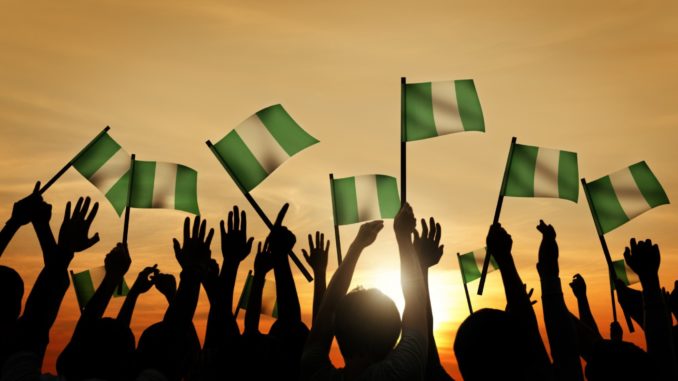
Whatever informs the designation of a particular day as “democracy day,” the fact remains that no single event no matter how watershed, epic, epochal or even significantly milestone could be sufficiently democratic to guarantee democracy. No outline of single electoral process, no matter how credible, free and fair can ultimately qualify as the final product of democracy and therefore, its guarantor and quintessence.
After all, the most notorious fascist dictatorship that the world has ever known was foisted after the outcome of a credible free and fair election that brought the Nazi nationalist party of Adolf Hitler to power, in the early 1930s in Germany. While a certain event can be pivotal in the democratization project, none actually qualify to be canonized as ultimately representative of democracy.
June 12 in 1992, the day of the military organized election featuring two handpicked candidates of military-arranged and highly restricted two-party contest was nonetheless significant for popular enthusiasm and participation, despite obvious and evident handicaps.
The presumed winner of the election, Chief MKO Abiola held on, to the annulled results of the election, leading to his confrontation with the military authorities that eventually led to his long incarceration and subsequent death.
While his firm commitment to hold on to the outcome of the election as expressed by Nigerians who voted in the election, is admirable, the implication of defending and standing up, in the protection of one single electoral outcome cannot be stretched to the breaking point of being democratic epistle despite been politically significant. Though, critically pivotal in opening the democratic space, sustaining and widening the space can only come from the act of eternal political vigilance by the mass of the people.
The democratic process is a long journey characterized by twists and turns, and while its core values of credible, free and fair electoral process at least in the context of political liberalism is constant, its outcomes may sometimes spell a setback for the democracy.
As democracy is not any definitive event, it is perpetually transitional and transformational, at constant flux and growing qualitatively in the renovation and reforms of institutions through which democracy delivers measurable tangibles.
The formal institutions of the democratic process can only justify its existence by transforming to substantive mechanism for efficient service delivery and a solution provider in recurring contradictions arising from society.
To effectively transform from formal institutions to substantive mechanisms of public service delivery and solution provider to numerous questions of its society, democracy and its processes must acquire and incorporate values and characteristics of its any particular society.
Nigeria’s democratic process in the past twenty years has grossly under-performed in the areas of public service delivery and equally demonstrated incompetence to resolve critical national issues, strategically germane to building national consensus.
Key institutions of the Nigeria’s democratic process in the 20 years of civilian rule has functioned largely in legalistic formal sense, without socially valuable outputs that aggregate to qualitative improvements in the living conditions of the majority of Nigerians and engendering national consensus on critical fundamentals to guarantee sustainable cohesion and stability.
Institutions in the dispensation of Nigeria’s political democratization in the past twenty years has functioned mostly, mechanically hanging on the automated oxygen of legalistic finesse, without the broad legitimacy of sustainable citizen engagement.
The process of the formal institutions of the state in the context of democratization effort has not produced any socially tangible outcome that directly contribute to an inclusive political order and material improvement in the quality of lives of the broad mass of Nigerians.
Institutions of state in a democratic process that do not continually adapt itself to resolving practical challenges and meaningfully bringing value to improvement in living conditions, stand the risk of not only stagnatåion and atrophy but decadence and extinction.
Institutions cannot exist to merely reproduce and replenish itself and simply lay claim to its reason to exist as its mere ability to survive, without delivering on the broad social mandate of enabling and driving on a sustainable basis, better life for citizens.
When all the formal democratic contents of the rule of law, separation of powers, checks and balances, independent judiciary, free press and so many others are present but are grossly deficient in the aggregate values and characteristics of the particular society, it should serve, they will function more to the whims of the operators than a benchmark to which its operators are held accountable. The immutable contradictions of a democratic process are not merely resolved by more sloganeering about democracy and its periodic flash points.
From the point and fact of Nigeria’s existential contradictions, democracy and its essentials are at crossroads, and its symbolism and dramas exhibited in presidential inaugurations, parliamentary proclamations and judicial ritualism are no substitutes to institutional efficiency and adaptations, only measurable by the fairness of the social order, inclusiveness of the political process and the material well-being of the broad mass of citizens.
• Onunaiju writes from Utako, Abuja.
END

Be the first to comment